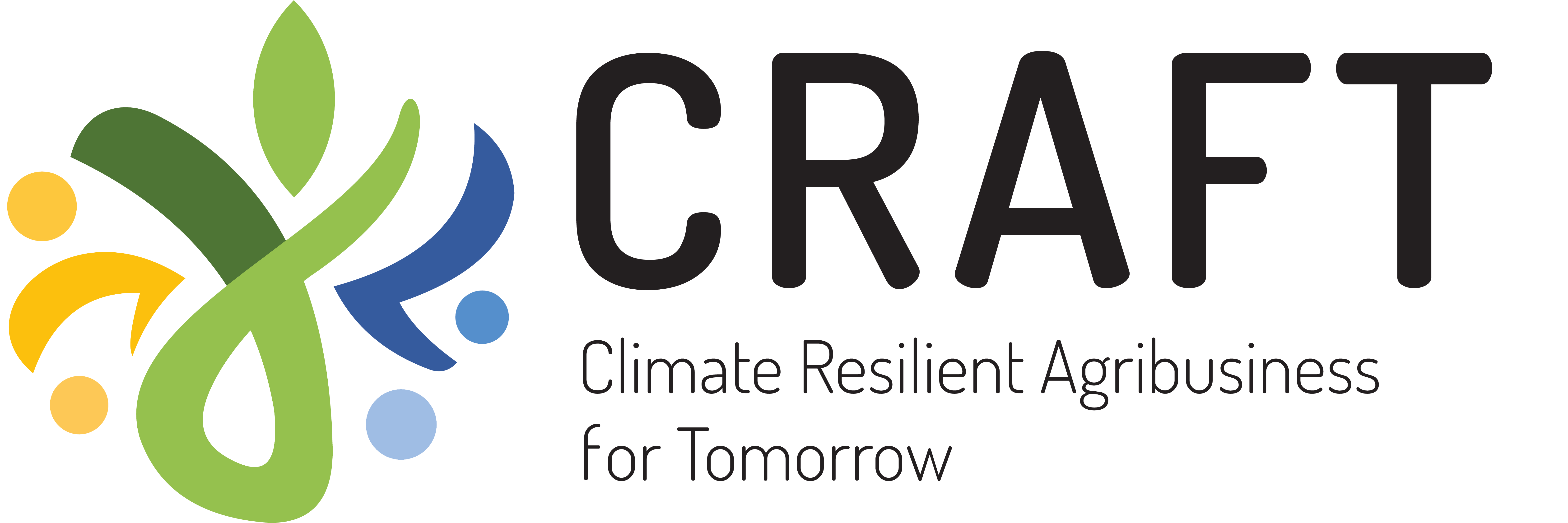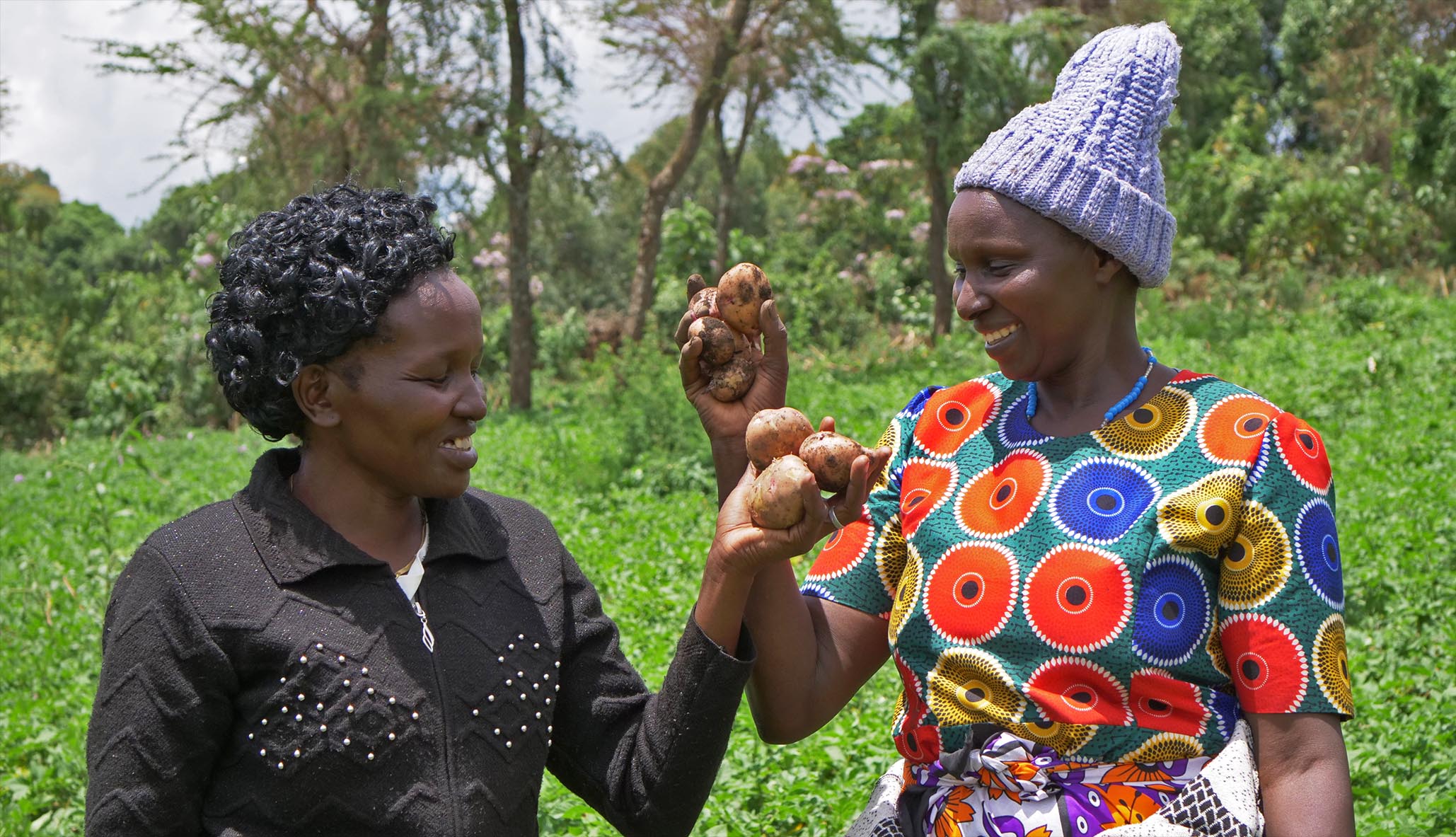
Africa’s current population stands at 1,414,160,417 as of October 18, 2022, based on the latest United Nations estimates. This is equivalent to 16.72% of the total world population and continues to grow steadily against the backdrop of a climate crisis characterised by recurring episodes of droughts in Southern Africa and West Africa, and flooding in East Africa. The extreme weather patterns pose a threat to the production of food crops as well as the sustainability of livestock – a major source of protein to the continent – pushing the risk of food insecurity higher.

Access to finance is a critical enabler of climate resilient food and agribusinesses as well as an underlying challenge that limits building resilience against climate shocks by small holder farmers. To transit to a more resilient climate change models, there is need to actualise the access to finance, fronted by local financial institutions (FIs) such as commercial banks and micro finance centres.

Like many smallholder farmers, Happy Mujawimana lacked the resources and the knowledge to efficiently manage her small piece of potato garden. It was often affected by evident consequences of climate change such as prolonged dry spells and pests. Given such unpredictability, her priority had always been to meet the basics of having enough food for home consumption and to save sufficient potato seeds for the following season.

The Climate Resilient Agribusiness for Tomorrow (CRAFT) project organises learning events in partnership with key line government ministries, climate scientists, researchers, farmer organisations, and private financiers to bring participants together to reflect on adopting climate smart agriculture practices and technologies, share lessons learned, identify areas of improvement, and build synergies for more collaborations.

According to USAID’s recently released Guide to the Use of Digital Financial Services in Agriculture, an estimated 1.5 billion smallholder farmers worldwide produce approximately 80 percent of the global food supply. Together, they face an estimated $430 billion shortfall in critical financial services needed to support production.
More Articles …
- Irrigation key to sustainable agriculture for smallholder potato farmers in Tanzania
- Promoting integration of renewable energy and energy efficiency by agricultural value chains in East Africa
- Increasing productivity using agricultural machinery in East Africa
- Digitalising agri-food value chains in East Africa









